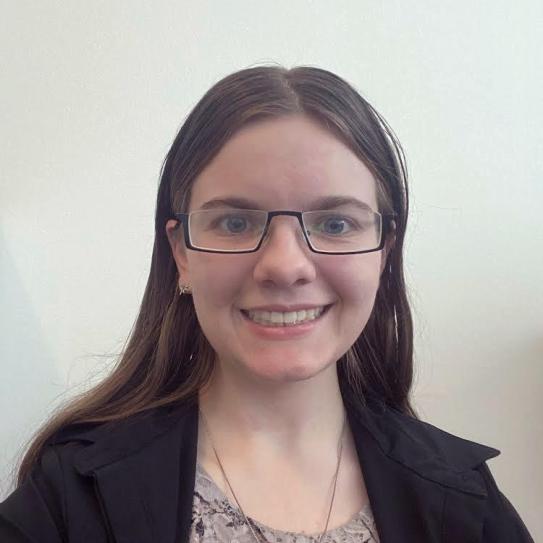Dahlia Isabella Bolt

UN Sustainability Goals
- Zero Hunger
- Good Health And Well-Being
Areas of Excellence
- Health
- Sustainability
Global Challenge: Engineer Better Medicine, Climate Action, and Responsible Production/Consumption
Abstract
Access to vital nutrition is more than acquiring enough calories; many energy-dense foods around the world lack essential vitamins and nutrients. Even in developed nations with rampant obesity, people can be malnourished due to poor dietary habits or eating restrictions, thus creating the need for nutrient-dense versions of commonly consumed crops. In the past, nutrient deficiency has been countered by applying a fortifying agent (typically a solution of nutrients) onto the food product, but these additives may be more of a hindrance than a help. Iron, for example, is not uptake by the body unless it is converted to a particular form, and that usually must happen in conjunction with other molecules. Calcium even inhibits the uptake of iron, and calcium and iron both are used in fortification, rendering the process null. This has created the need for biofortified crops that contain bioavailable nutrients (nutrients that can be digested and absorbed.) There are concerns about how these crops may impact the environment, however, creating a dichotomy of some goals being solved while other goals’ progress is impeded. In many countries, laws outright prohibit some types of biofortified crops but not others over genetic modification concerns, giving focus not only to what these crops do but how they are produced. Current research shows biofortified crops are highly effective in their goal, but the potential side effects must be examined and countered to ensure nutrient deficiencies globally can be solved without sacrifice.
This project contains two parts, where the first is a comprehensive study of biofortification to examine its historical and current context, the current state of research, and how it is being implemented around the world. The second is a collection of project proposals used in the graduate research degree application process.
My work’s relation to GLASS covers more than just one of the United Nations Sustainable Goals; it is a multi-faceted project linking world hunger, climate action, life on land, and access to clean water. Biofortified appears to be essential for fighting against nutrient deficiencies, but as examined in my paper, these crops may need more water or cause soil nutrient deficiencies, leading to worse crop harvests in the future. After spending time in Europe, I was able to observe first-hand why they have concerns about over-engineered food products and why they are banned in most places. Australia has major water shortages at times, and a crop that needs more water would not survive. I fully intend to go into research as a career, and the GLASS program and my paper/proposal hybrid will allow me to have a better shot at speaking to prospective labs to work in.
Bio:
Dahlia Isabella Bolt was raised in Soddy Daisy, Tennessee, and she spent her pre-college years studying plants and examining how we interacted with them. She wanted to redefine how we see farming, so she used her time identifying what makes plants work for us and studied how to safely use genetically engineered plants for humans to improve our health. She eventually started to crossbreed plants she observed to be the most adaptable to the frequent weather changes in her area and productive overall; she produced new plants for her garden. From working in her garden and researching genetically modified organisms online, Dahlia found an intersection of her interests in global politics and plant sciences.
Dahlia majored in Chemical and Biomolecular Engineering, but she see herself more as a botanical engineer. She became a student director at NYU’s Urban Food Lab at the end of her second year and continued to research how public policy affects agricultural practices by attending global conferences on the genetic engineering of crops. She enjoyed attending farm advocacy events in Brooklyn. She spent a semester in Australia studying farming global food systems and learning how to work within the confines of farming laws. She also spent time in Germany learning about other parts of our food system: logistics and transport. For her research, she has received recognition, awards, and grants.
Dahlia focuses her research in biofortification as this topic is incredibly important to her as someone with food sensitivities. Biofortified crops have so much potential and demonstrate time and time again how useful they can be to combat nutritional deficiencies even in developed nations. Yet, she understands the environmental concerns surrounding them and want to find ways to mitigate that factor. She intends to go into academic research in this field once she graduates from Tandon, and she hopes to have her own lab one day.
In addition to her plant science and political passions, Dahlia speaks French, bake, make her own clothes, and write science fiction/fantasy. Also, needless to say, she spent a lot of time outside camping, gardening, and just exploring nature!

